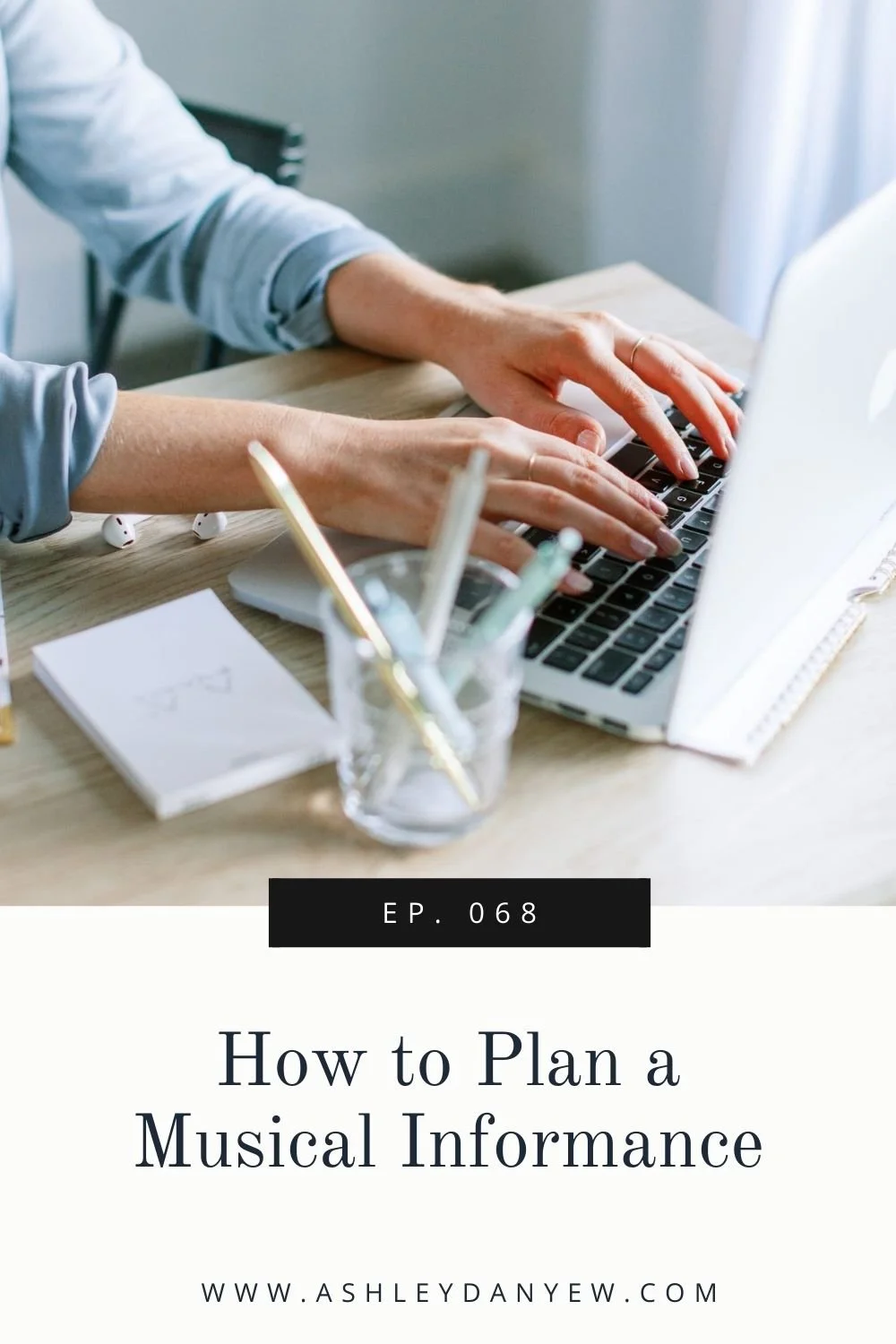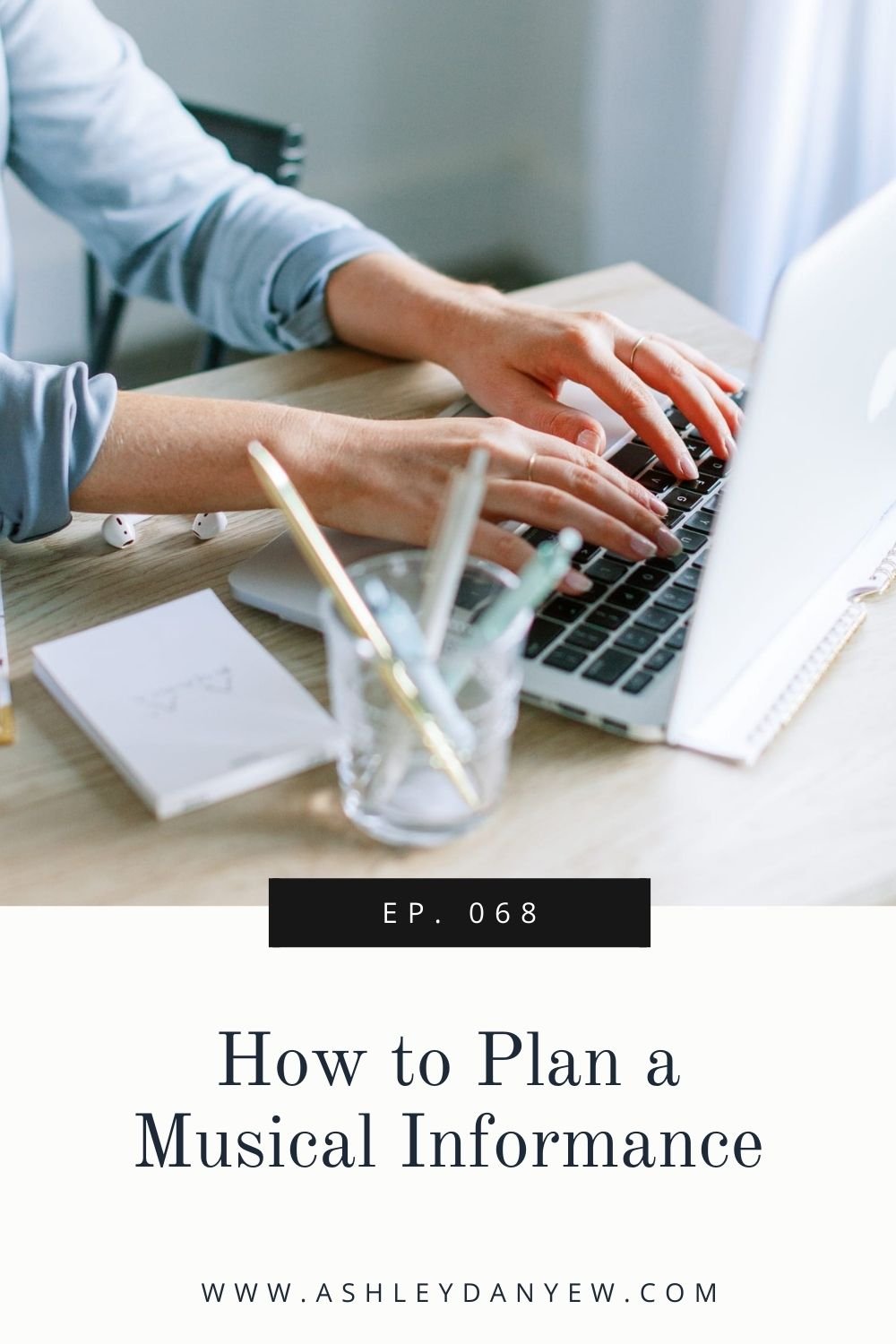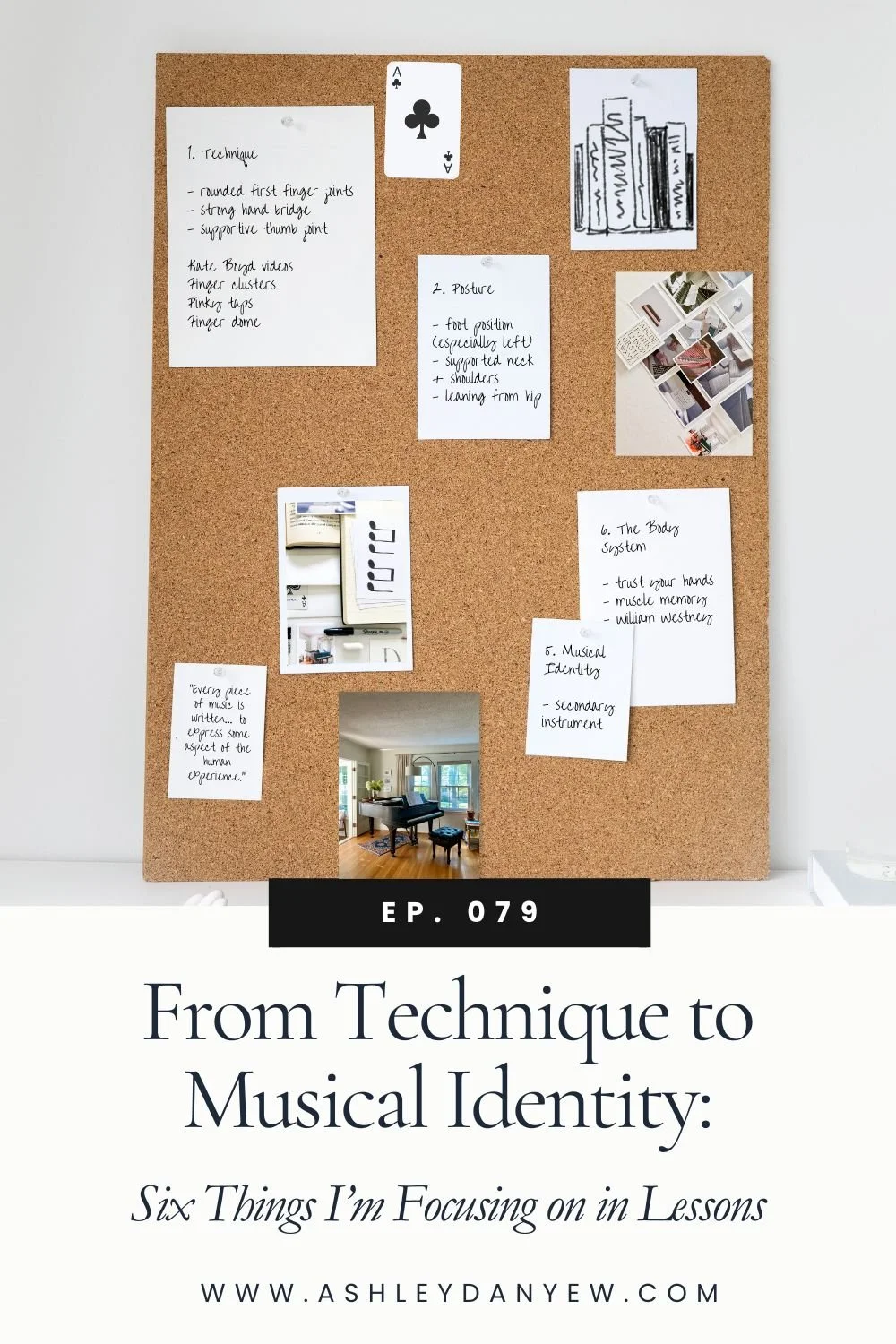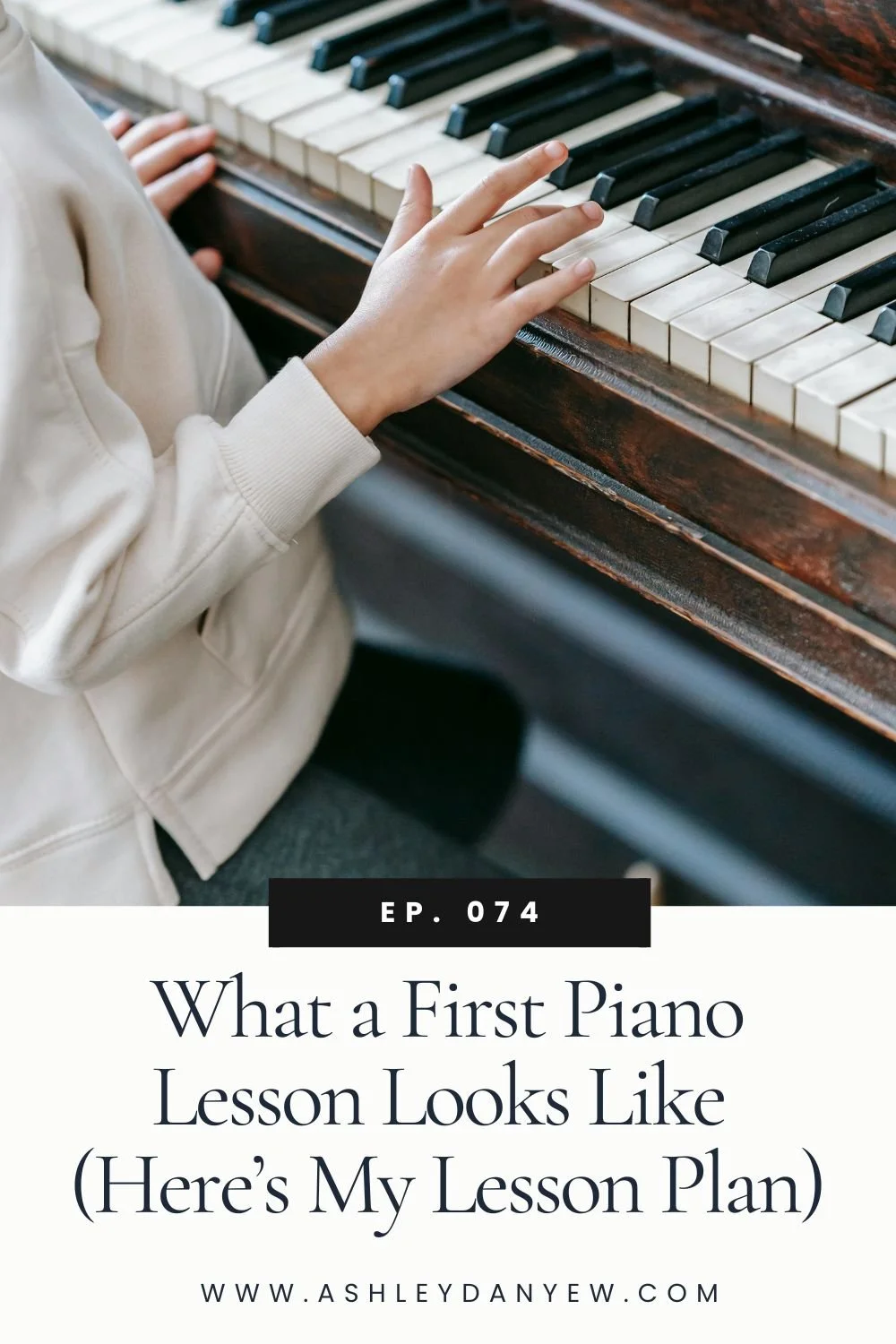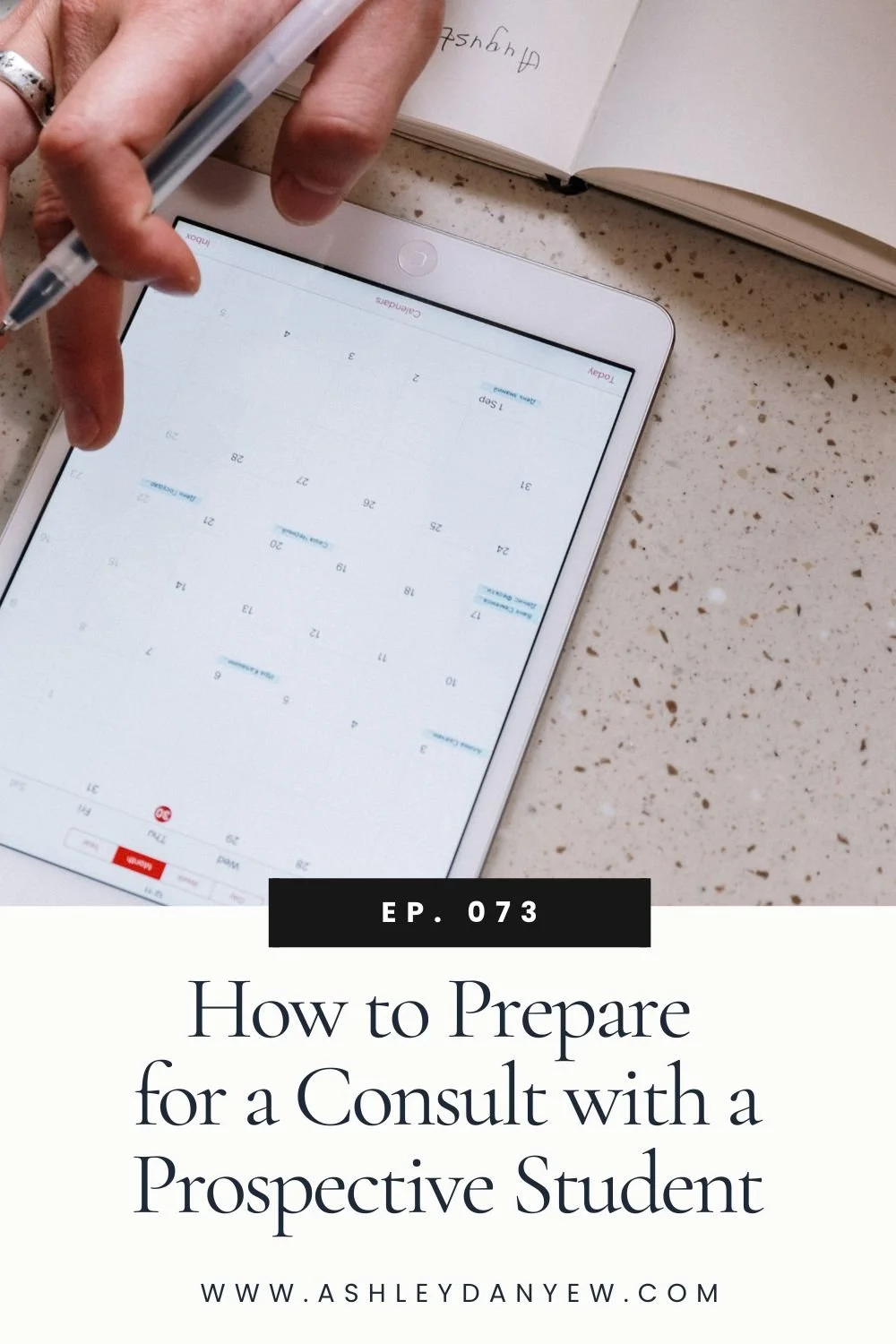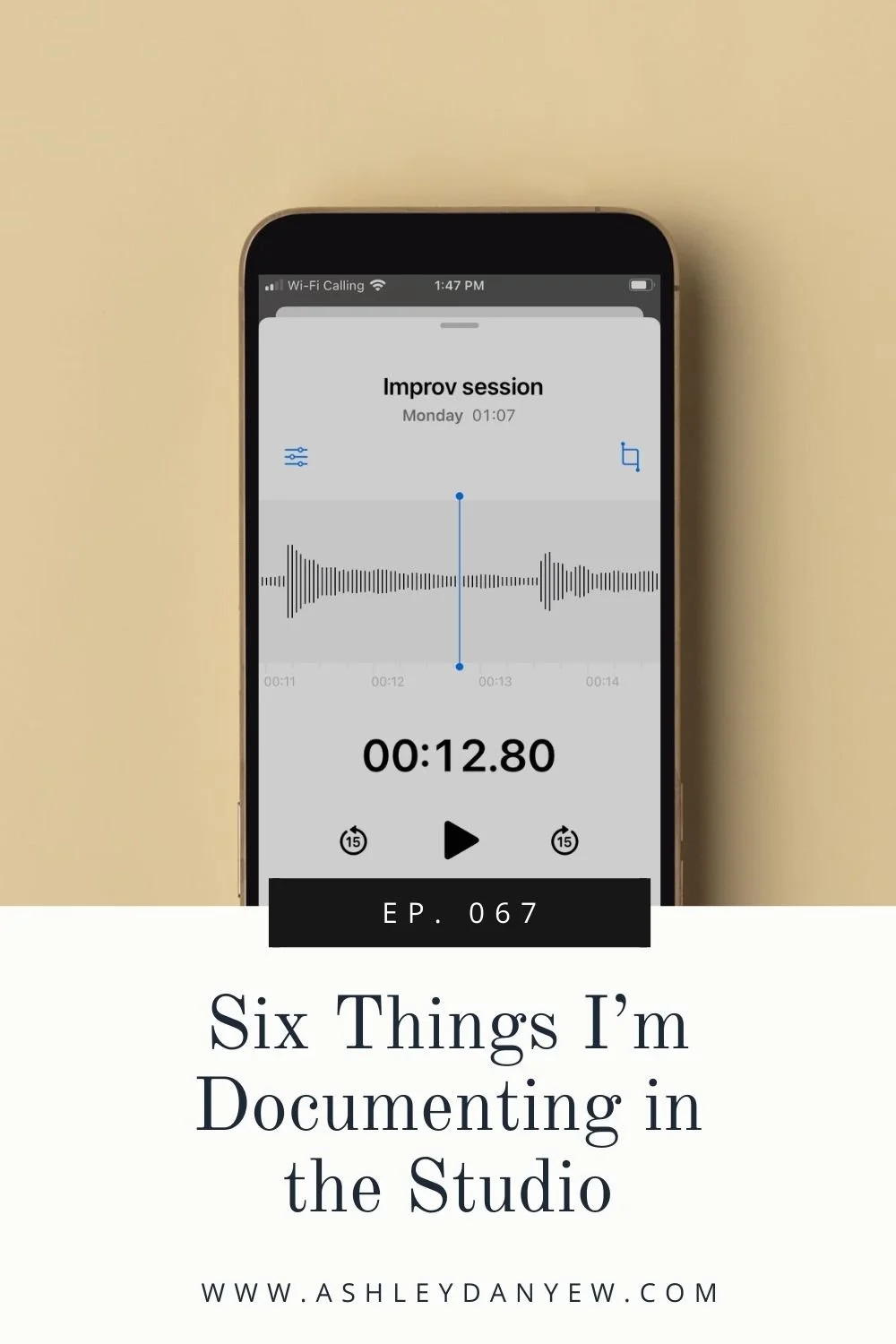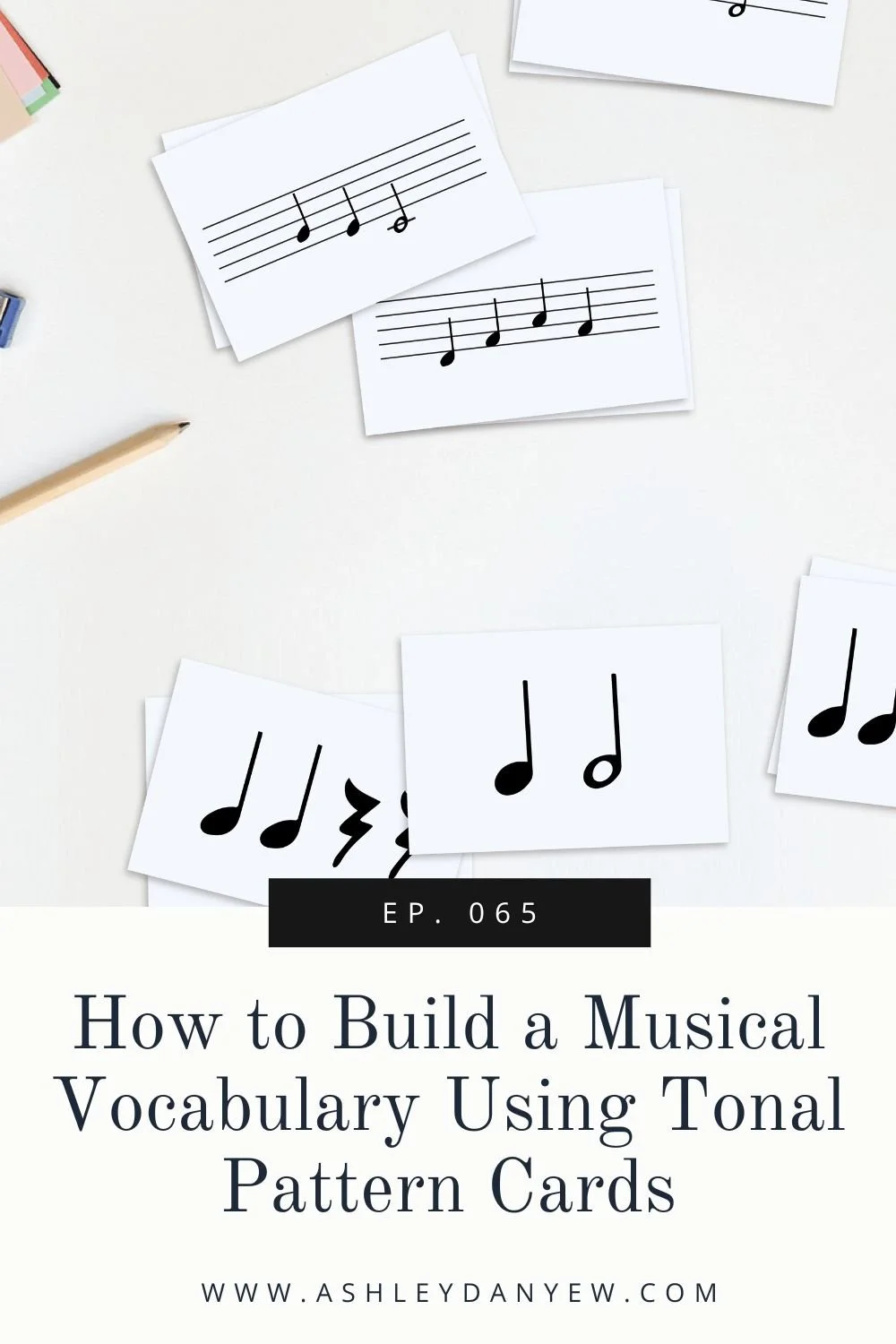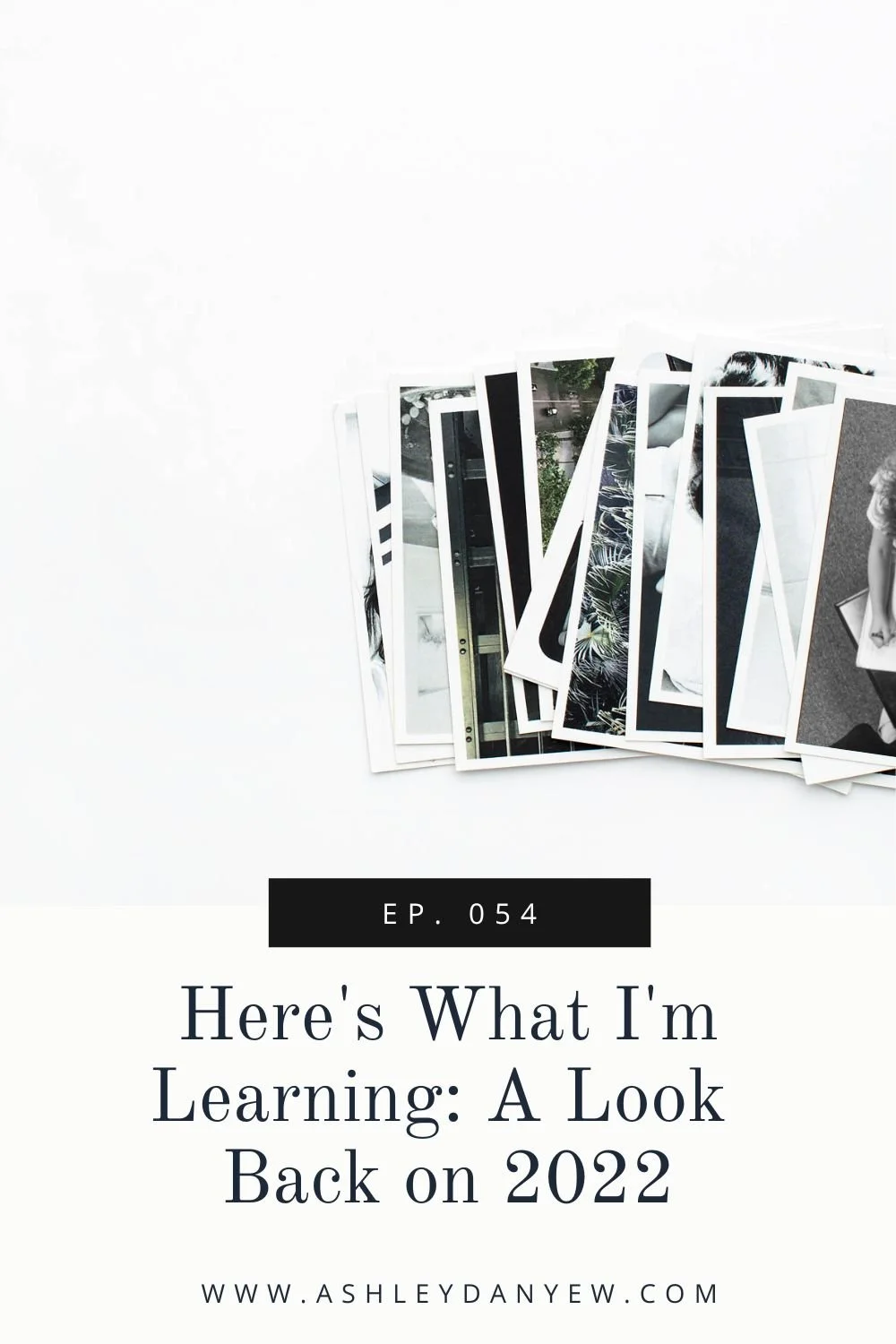Resources Mentioned
*Disclosure: I get commissions for purchases made through links in this post.
D. Headlam (2021). "Musical Informance: Performance for the Information Age." The Oxford Handbook of Public Music Theory. https://doi.org/10.1093/oxfordhb/9780197551554.013.2
C. Nowmos (2010). "Using Informance to Educate Parents and Demonstrate the Music Learning Process." General Music Today, 23(3): Special Focus Issue: The Informance as a Teaching Tool in General Music, 5-14. https://doi.org/10.1177/104837130936
"Watch me play... the audience!" (Bobby McFerrin)
Live Improvisation at the Kennedy Center (Bobby McFerrin)
Interactive performance at Cornell (Bobby McFerrin)
Curious, Collaborative Creativity: A Guide for Transforming Music Ensembles (Dr. Caron Collins & Dr. Danni Gilbert)
This year, Rochester, NY is in the path of the total solar eclipse. There are lots of special events happening in town—the orchestra is performing a special concert, the science museum is hosting a festival, and the schools are giving everyone the day off to experience this historical event.
As I looked ahead at this year, I thought it might be fun to plan a special event of our own to mark this occasion in the studio. Maybe special repertoire? An incentive program?
Then I thought about the informances the performing ensembles at the school where I teach put on early in the year. An informance (if you haven’t ever heard that term before) is basically just an informal demonstration for parents of what the students ae learning and what they're working on. It's held on a weeknight in an open gathering space in the school (rather than in the theater where the students are on the stage) and the director spends some time talking to the audience (the parents) about the skills they're developing and the students' learning process.
What if we did something like this in the studio? I thought. I mentioned this back in Ep. 064 and promised I'd share more of my planning process, so here we are.
Today, I'm taking you behind the scenes in real-time as I research, plan, and organize my first informance for my students. I'll share a few historical examples of musicians who exemplified this model of education and engagement, talk about ways you could structure this, outline the necessary components that separate an informance from a performance, and share how my students and I are preparing for this event.
What is a Musical Informance?
It probably makes sense to start with a definition. In case you've never heard this term before, what is a musical informance?
Dave Headlam, Professor Emeritus of Music Theory at the Eastman School of Music (and one of my professors in grad school) defines an informance as "performance for the information age." In his 2021 chapter in The Oxford Handbook of Public Music Theory, he explains that our demand for information and the current rate at which we consume it has changed how we interact and engage with music.
Things like program notes, pre-concert talks, blog posts and video content, interviews with the conductor, and lecture recitals all feed this desire for information about the music we hear. We want to learn about the composer, the musical form, what makes the piece interesting or unique, stylistic features, virtuosic moments, and how it was first received when it was premiered. We want to hear what the conductor thinks, what the soloist thinks, and why they chose to perform this piece.
All of this is helpful and interesting information to share with the audience. The problem, as Dave Headlam explains, is that these examples create a dichotomy between "information time" and "musical time." You read the program note, then you listen to the performance. You listen to the lecture, then you listen to the performance.
The goal of an informance is to create a more integrated experience, one where the “musical time” is more accessible and experiential for the listeners.
Dave Headlam describes it as being similar to a TED talk. There are a few criteria, he notes: "The talk must have an emotional as well as an educational component; the talk should present ideas which are new or novel; the talk must present information in memorable ways; and the talk must appear effortless."
I'll talk more about the components of an informance in a minute. First, let's consider one other definition and explanation for what an informance is and can look like.
Music educator and author Christine Nowmos defines an informance as "an informal and informative presentation of student learning that often highlights the learning process itself." This may be an open-house-style event or a more structured demonstration of skills or musical activities. The goal, she writes is "helping parents to connect with what their children learn in music on an everyday basis by seeing it in action." An added bonus is that it may also "communicate information about your teaching style, curriculum, and learning standards."
Again, I believe this is more common in general music and with K-12 performing ensembles, but in my research, I found a few historical examples of musicians and public figures who exemplified this model and set themselves apart as "musical informants."
Historical Examples of Musical Informants
The first is American conductor Leonard Bernstein. We’ve been hearing a lot about Bernstein recently because of the new film, Maestro that came out at the end of last year. Dave Headlam wrote, "[His] lectures and writings offer a compelling combination of scholarship, musicianship, showmanship, theatricality, and performance with analytical information." Through his Harvard lecture series, Omnibus TV broadcasts, and Young People's Concerts, Bernstein created an integrated model of education and musical presentation for the broader public.
Another example is Canadian pianist Glenn Gould, who took a scholarly approach to musical informance through his interviews, films, and various TV programs.
A more contemporary example is Grammy-Award-winning vocalist and conductor Bobby McFerrin. I love the clip from the World Science Festival where he teaches the audience (with no words of introduction or instruction) how to sing the pentatonic scale. Instead of singing the scale up and down or explaining that the pentatonic scale is made up of five notes, which he certainly could have done, he engages them right away in an improvised song using the notes of the scale as a foundation. And then he improvises on top of it.
He also did this a few years ago at the Kennedy Center with the audience singing a rhythmic accompaniment using tonic and dominant.
How to Structure a Musical Informance
Now that we've talked about what a musical informance is and studied a few examples, let's talk about how to structure it.
As I mentioned at the beginning, you could think of this as an open house in your classroom, rehearsal space, or studio where friends and family simply sit in on a class or rehearsal and mostly observe what's happening with a little explanation here and there from you as the director.
Informances can also look and feel more like a performance without the pressure of being on stage or having a polished final product to present.
For K-4 students, Christine Nowmos recommends planning an event that's 25-30 minutes in length. She provides a printed "concert program" so parents can follow along with the order of activities. In the weeks leading up to the event, she gathers student input on what activities should be included.
The performing ensembles at the school where I teach present joint informances so they share the presentation time. The 5th grade band may only demonstrate a few scales and the beginning of a piece they're learning while the 6th grade band may play 2-3 short selections.
An informance also provides an opportunity to invite students into the creative process.
The Curious, Collaborative, Creativity (CCC) framework, developed by Dr. Caron Collins of the Crane School of Music promotes "student-centered learning and the promotion of 21st-century skills by encouraging students to select, arrange, and compose the repertoire to be studied; to work together in teams to equally contribute to the learning/understanding of music; and to share their work through informances to engage and enlighten community members."
Dr. Collins wrote an ebook on this model with Dr. Danni Gilbert called Curious, Collaborative Creativity: A Guide for Transforming Music Ensembles. Look for the link to that in the show notes.
Two Main Components of a Musical Informance
As I plan my first musical informance this spring, there are two main components I'm focusing on: Educational and Experiential.
The educational component includes:
An introduction (I will probably do this interview style for younger students) including the student's name and grade, the title of the piece, the composer, and the style or character of the music
Where they started and how they approached learning (e.g. practice strategies, score study, analysis, listening to recordings)
Something they learned or are working on in this piece
Their favorite musical moment
The experiential component includes:
A way to involve the audience in the performance or musical experience somehow
For instance, students may invite the audience to respond to dynamics, hum the melody, practice technique in the air, tap a primary rhythm pattern, or move in some way.
An improv with a parent using a pentatonic or whole-tone scale (one person plays CDE and one plays the group of three black keys)
A rhythm play-along could be a fun activity for students to do alongside the audience
Clapbacks or playbacks could be fun to do with the audience
Questions/comments from the audience about the music being shared
Again, these are my initial thoughts and planning notes, so this may change as I develop my ideas and discuss things with my students.
I was talking about this with one of my high school students in a lesson last week. I recommended a piece in her repertoire book that matches the theme of the solar eclipse and after reading through it, she commented on the ending and ideas other than what was notated for how to end the piece. "That's a great question to pose to the audience at the informance," I said. "You could prepare three different endings and have the audience vote on which one they'd like to hear you play." Her eyes lit up as she said, "I can do that? I love that idea!"
It's my hope that this experience provides my students with an opportunity to feel that level of excitement and joy about sharing what they're learning and inviting the audience into the musical experience.
Coming Up Next
In the next episode, I'll share more specifics on our upcoming musical informance—the repertoire I'm choosing, the questions I'm posing to my students to help them prepare, opportunities for student creativity and input, and how I'm organizing it with parents and families. Stay tuned!
References
D. Headlam (2021). "Musical Informance: Performance for the Information Age." The Oxford Handbook of Public Music Theory. https://doi.org/10.1093/oxfordhb/9780197551554.013.2
C. Nowmos (2010). "Using Informance to Educate Parents and Demonstrate the Music Learning Process." General Music Today, 23(3): Special Focus Issue: The Informance as a Teaching Tool in General Music, 5-14. https://doi.org/10.1177/104837130936
Curious, Collaborative, Creativity (CCC). https://www.curiouscollaborativecreativity.com/

